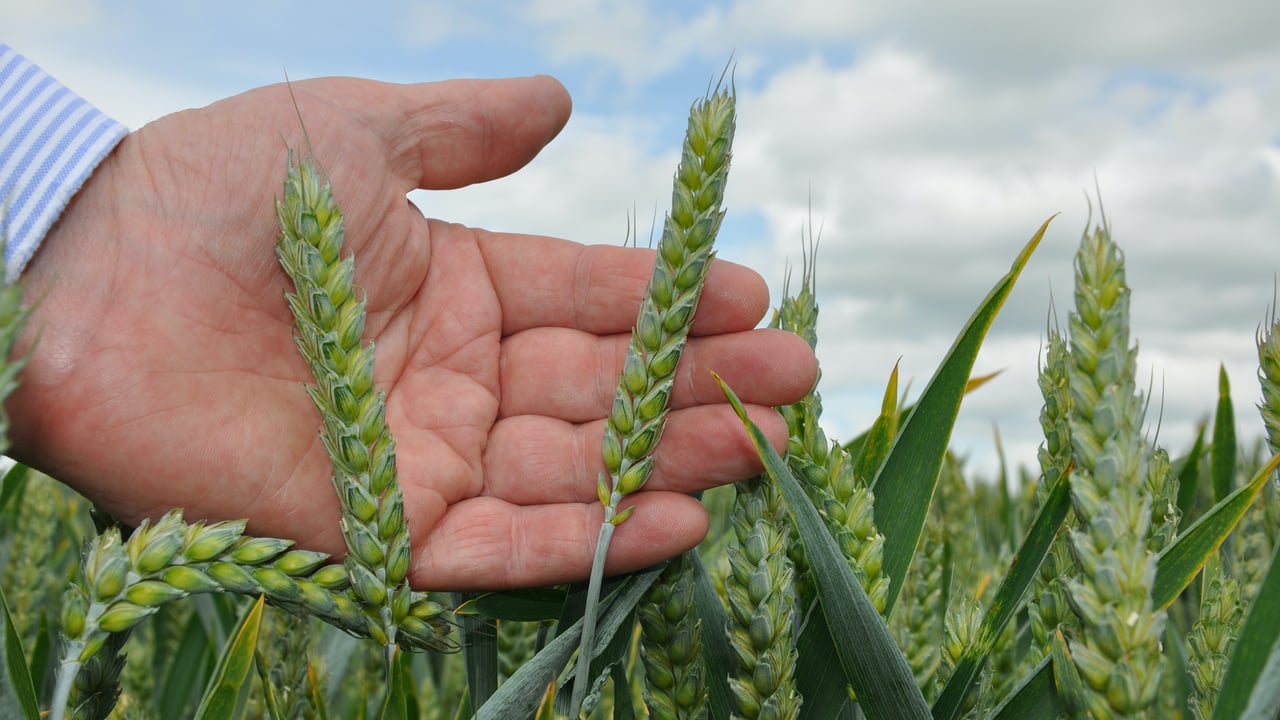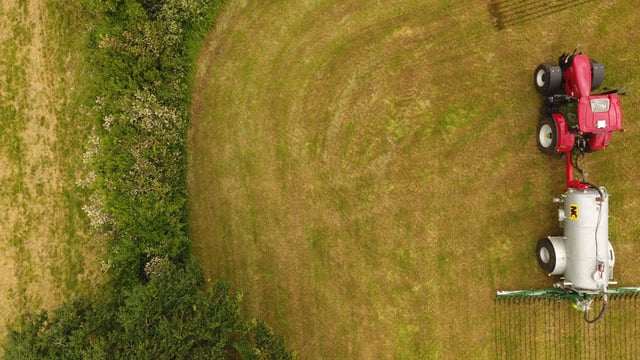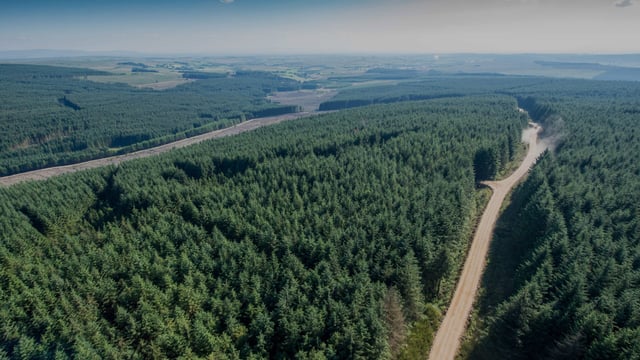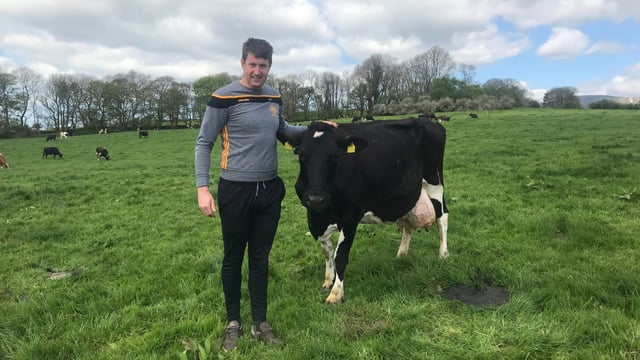Study: Researching the development of gene-edited cereals
Researchers from the University of Nottingham will be part of a team researching the bespoke development of gene-edited cereals.
The group has been awarded £2.2 million to trial a precision-bred wheat variety, which could lead to the development of more sustainable farming systems.
Researchers from Nottingham's School of Biosciences are part of the PROBITY project – A Platform to Rate Organisms Bred for Improved Traits and Yield.
They will be working under the aegis of the British On-Farm Innovation Network (BOFIN).
The new initiative brings together farmers, scientists and food manufacturers to trial the production and processing of precision-bred crops to accelerate understanding of their value to sustainable food and farming.Dr. Stacia Stetkiewicz from the University of Nottingham will lead a team assessing the use and potential of precision-bred crops.
Gene-edited cereals
They will engage with the farming community to explore barriers to their adoption, and pave the way for future innovation.
A series of interviews, workshops, surveys, and online forum data will provide a snapshot of current opinions, stumbling blocks, and opportunities, and help to identify key policy and research priorities for the future of precision-bred crops in the UK to build resilience to climate change.Precision-bred crops can be created through gene editing, a widely used technology that enables scientists to make changes to plant DNA, like those that occur naturally, but introduced in a precise, targeted manner.
Gene editing speeds up the process of breeding more productive, nutritional and sustainable crop varieties.
There are three cereal varieties in the project: a wheat with superior baking, toasting and processing properties; a barley making high lipid, high energy forage aimed at lowering livestock methane emissions and a wheat with a bigger bolder grain size promising a step change in productivity.
Dr. Stetkiewicz said: “The agricultural industry is under pressure to increase the yield and nutritional density of food crops while also mitigating and responding to climate change. Innovative approaches such as precision breeding will be key to achieving this.”
Tom Allen-Stevens, Oxfordshire farmer and founder of BOFIN said:
“This is an incredibly important project for farming and food production in this country. We need to produce more, nutritious food with fewer resources and with less impact on the environment.
"Scientists have been developing new crop varieties that could help us rise to that challenge.
"This project will bring those varieties from the laboratory to farmers’ fields where we can fully assess their potential, explore barriers to their adoption and pave the way for future innovation.”
Meanwhile, the Irish seed sector is also pointing to the potential benefits that gene editing can deliver.
Barry O’Reilly, head of division for crop policy, evaluation and certification at the Department of Agriculture Food and the Marine (DAFM) spoke at the 2024 Irish Seed Trade Organisation (ISTA) variety trials open day – held in Co. Cork.
Courtesy of his presentation, he confirmed the important work being carried out by the seed industry and DAFM in ensuring that the highest quality seed of these new and improved varieties are made available to Irish farmers.
O’Reilly also pointed to the very probable introduction of European Union legislation, which would allow for the introduction of gene editing and other new genomic techniques, the use of which would significantly speed-up the breeding of new plant varieties.





